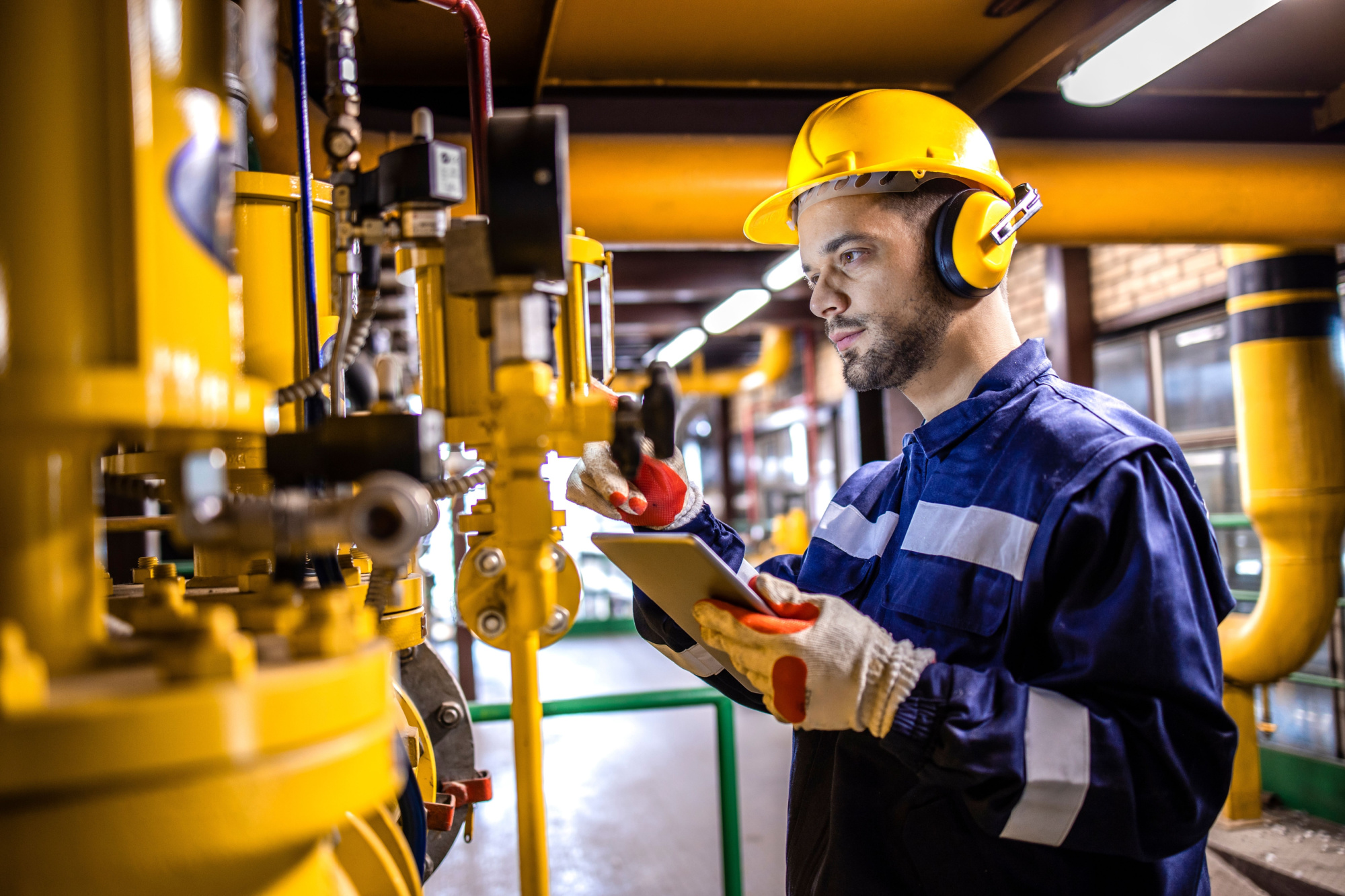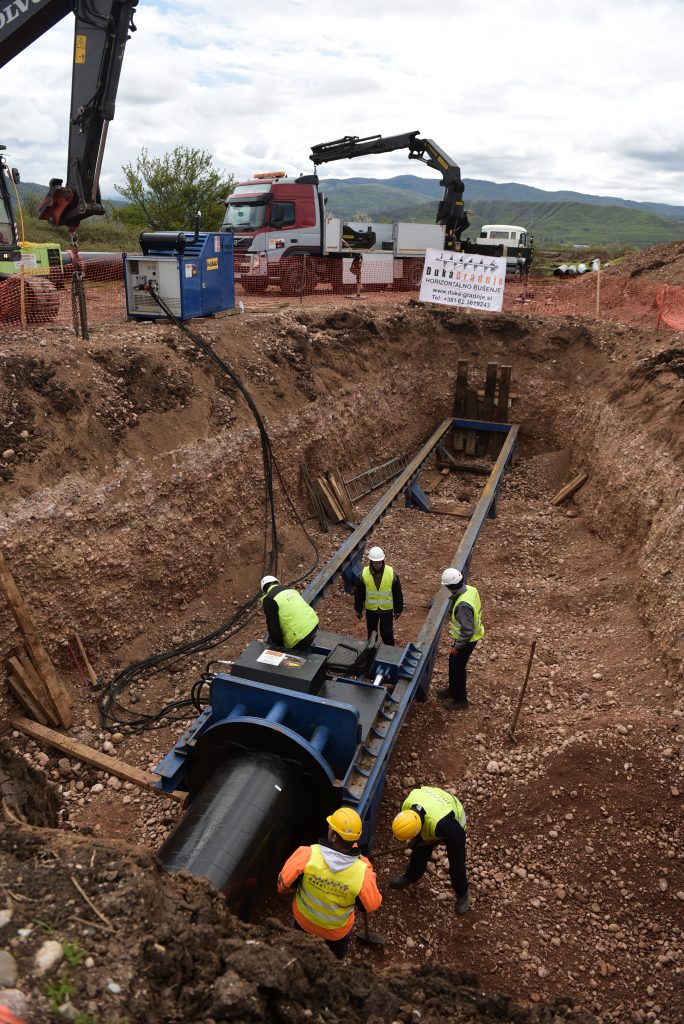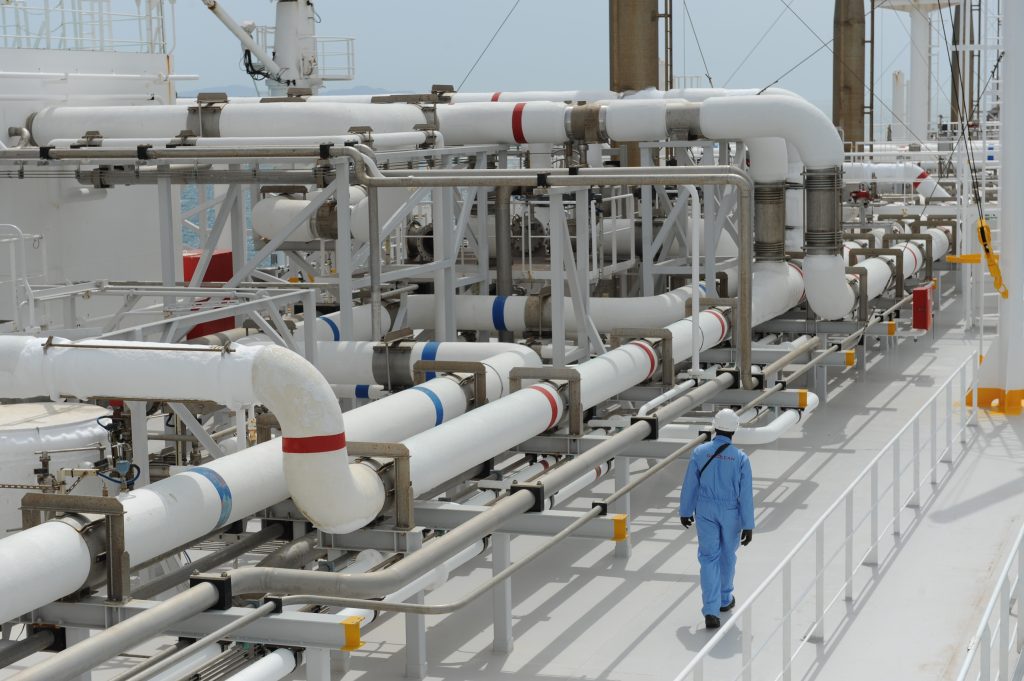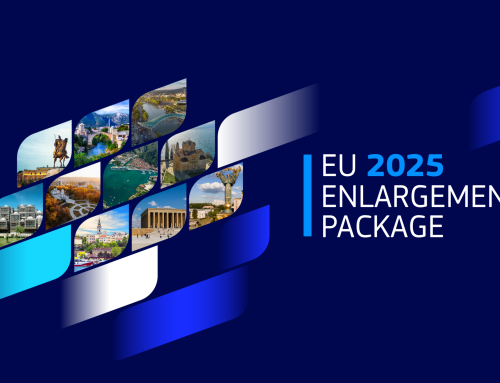Energy prices are constantly changing, which brings great uncertainty and destabilises the market. Rising prices and inflation affect the standard of living in Europe, and smart consumption planning and joint procurement of energy are in focus.
“For the first time in the history of the EU, we should do our best and buy gas jointly. We know that gas will play the role of a necessary transition fuel for some time”, says European Commission Vice President for Interinstitutional Relations and Foresight Maroš Šefčovič.
The European Union launched the “AggregateEU” platform, as a response to the challenges of the prolonged energy crisis and the destabilisation of the energy market due to the war in Ukraine. The platform enables the joint procurement of gas and hydrogen in the future, from different sources, under the most favourable possible conditions. Serbia, as part of the Energy Community has the opportunity to participate and in this way increase the diversification of its energy sources.
Through the digital platform, suppliers can report sales volumes of gas. In the next year, Brussels will organise joint gas procurement every two months. So far, more than 80 companies have registered, and Serbia can take advantage of this opportunity in the coming period.
The countries of the European Union have been given the task of filling up to 90 percent of gas storages by November. For the first joint tranche, global suppliers must submit bids by May 9th, and Russian companies and Russian gas have been eliminated from the competition. The goal of the Brussels energy solidarity is to provide gas from other sources on time for the next heating season at the most favourable prices.
Bulgaria, Romania, Hungary and Slovakia concluded a deal with the Azerbaijani gas giant. At the same time, solutions for the energy crisis are also being sought among individual members. In Sofia, as part of the “Solidarity Ring” joint initiative, the gas operators of Bulgaria, Romania, Hungary and Slovakia signed a gas memorandum with the Azerbaijani giant “Sokar”.
The President of Bulgaria, Rumen Radev, estimates that this will ensure security of supply and diversification of the entire region of Central, Eastern and Southern Europe – the fastest, most efficient and cheapest way.
“The best solution for the current energy crisis is that more gas can be delivered to Europe from different resources and routes,” says Hungarian Minister of Foreign Affairs and trade Peter Szijjarto.
“At the moment when we are dealing with the diversification of gas supply routes, the project of upgrading the Krk terminal and the gas pipeline is extremely important for us. We support the connection of the terminal with Austria via Slovenia”, notes the Slovenian Head of Diplomacy Tanja Fajon, as reported by the RTS.
Serbia will also be able to procure gas from Azerbaijan through the new gas interconnection with Bulgaria. For this important project of energy connection between Europe and Serbia – the Serbia-Bulgaria gas interconnector, the EU provided EUR 49.6 million in grants. The gas pipeline will connect the city of Niš with the Bulgarian capital, Sofia. The projected capacity of this new gas pipeline will allow the flow of 1.8 billion cubic meters of natural gas per year. Completion of the construction of the gas pipeline is planned for the fourth quarter of 2023. The new gas pipeline will provide an additional 60 percent increase in capacity compared to Serbia’s current annual gas needs (approx. 3 million cubic meters per year) and will greatly increase the overall security of natural gas supply, and contribute to the goals of cleaner energy.
Serbia and the EU work together to improve energy security and develop green energy sources. At the beginning of 2023, the EU will provide Serbia with an energy support package worth EUR 165 million, so that citizens and small and medium-sized enterprises can more easily cope with rising energy prices and the green transition. In addition, EUR 31.2 million was approved for the construction of the new Kostolac wind farm (KfW loan of EUR 81.8 million) and EUR 16.1 million for the reconstruction of the Vlasina Hydropower Plant (EBRD loan of EUR 61.6 million).
The European Union is bigger donor that all other international donors combined. With an energy support package of EUR 165 million, the EU has invested more than one billion EUR in the energy sector in the past two decades. In 2022 alone, the EU support to Serbia’s energy sector is estimated at EUR 100 million.
Diversification of energy sources, security of supply, energy efficiency and decarbonisation of the economy, in accordance with the Paris Agreement, are the main objectives of EU support. The support of the European Union is realised in cooperation with the Government of Serbia. The EU will continue to support Serbia in its EU acquis harmonisation and creating structures that will enable further investments in the decarbonisation of the energy sector.
Read more:
https://europa.rs/ziofre-i-djedovic-u-nisu/
https://europa.rs/eu-i-srbija-zajedno-za-energiju/
https://europa.rs/sve-veca-povezanost/
More details about the EU support to the Serbian energy sector.






